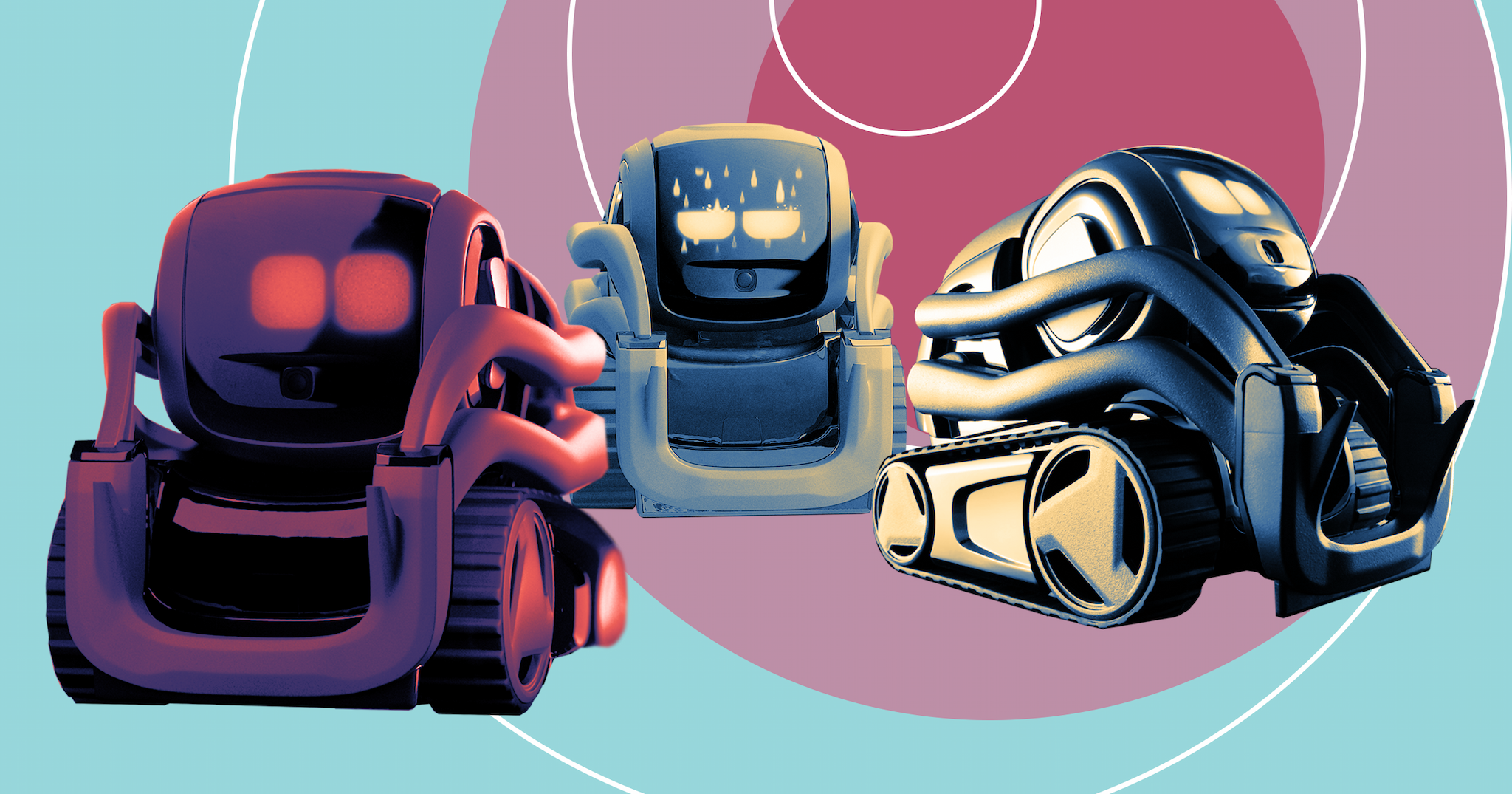The idea of mechanical figures with lifelike, humanoid qualities has been a preoccupation of the human imagination for just about as long as people have been around. Long before the word “robot” existed, we’ve been dreaming of golems, automatons, and – with the advent of electricity and computing – friendly (or not-so-friendly) machines who embody both the form and spirit of living creatures.
Now, we’re finally seeing that dream slowly start to beep-bloop-bleep its way into reality. No, technology hasn’t quite progressed to the point where Rosie the robot maid will cheerfully do your laundry while mixing you a cocktail, but these days one can barely scream into the void without a digital voice answering back with a friendly “How can I help?”
Despite the ubiquity of computers eager to offer a hand, it doesn’t quite feel like we’ve entered the robotic age that was promised by The Jetsons. Today’s quasi-robots may be able to vacuum your house, co-pilot your car, and DJ your dinner party, but they all leave something to be desired in the personality department. Does anyone really want to hang out with their GPS?
It’s not a minor consideration: a quality of gut-level relatability is a fundamental aspect of what defines a robot in our collective imagination. From Tik-Tok the machine-man in L. Frank Baum’s classic Oz books, to the Star Wars droids, to the fix-its in Batteries Not Included, the point of robots in science fiction has always been twofold. To be useful, yes, but also – and perhaps more importantly – to be lifelike. After all, a vending machine is not a robot, no matter how efficiently it delivers you your bag of chips. And BB8 without a personality is just a fancy soccer ball.
That’s where Vector enters the picture. This robot helper – whose design and mannerisms make him resemble something like a cross between a dog and a friendly bug – may be tiny, but he’s nevertheless a huge step forward in the evolution of the home robot. That’s not because of what he can do, but because of how he does it: with charm, spirit, and, yes, personality.
Instead of focusing on how many practical tasks Vector can accomplish, Anki, the robot’s creators, have made it their mission to give their creation soul. The always-on, cloud-connected little guy is capable of recognizing faces and remembering names. He dances to music, responds to touch like an animal would, and is stimulated by social interactions. Although he’s capable of speech, he’s more likely to communicate using a combination of body language and simple, but surprisingly emotive, expressions on his display. Vector knows his own moods, too: when he starts to feel worn out, he’ll make his way back to his charging station and juice up, so he never gets run down. Your phone could learn a lesson from him.
On top of everything Vector knows his stuff. He can answer questions, play games, act out the weather, and even take your picture. (Important philosophical question: is it still a selfie if your robot companion takes it for you?) With continuous updates promised, he’ll continue to learn more skills along the way.
The future is coming on fast. When it gets here, you’ll need a robot. But choose wisely – when you’re hurtling through the Milky Way, friendship will be in short supply, and a cold, disembodied AI voice isn’t going to cut it.
Futurism fans: To create this content, a non-editorial team worked with Anki, who sponsored this post. They help us keep the lights on. This post does not reflect the views or the endorsement of the Futurism.com editorial staff.
Share This Article
